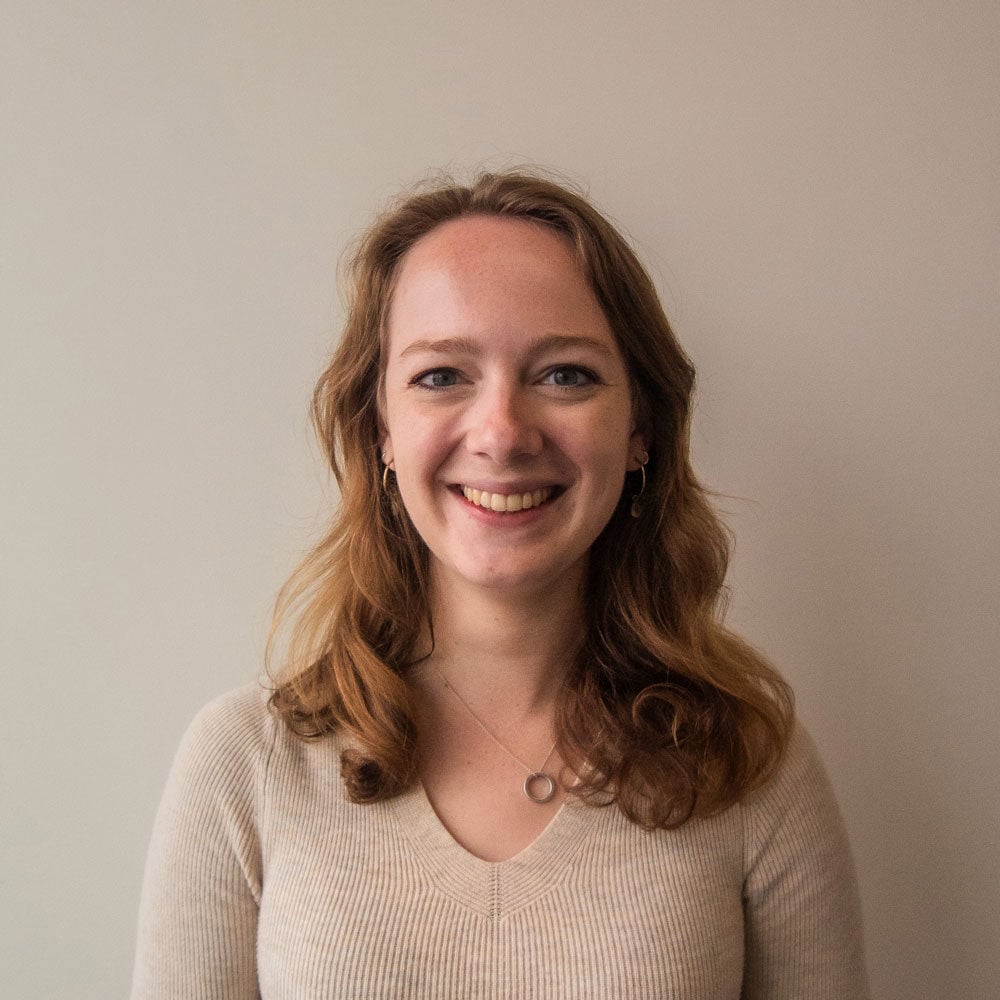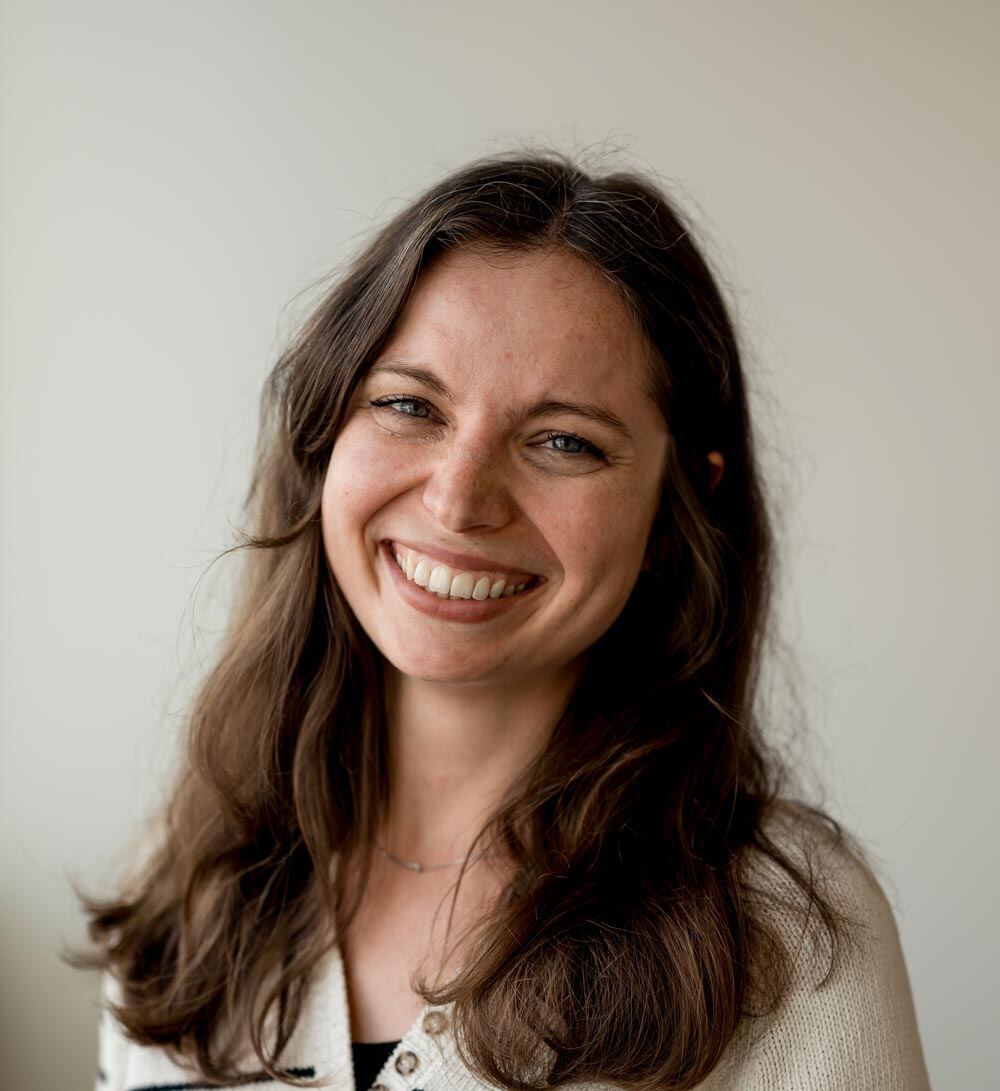Meet Professor Chris Molloy, CEO at Medicines Discovery Catapult
Meet Professor Chris Molloy, CEO at Medicines Discovery Catapult (MDC), a national Life Sciences service dedicated to turning drug discovery into commercial breakthroughs.
An interview brought to you by Emily, co-author of the Synthesis newsletter. Want to keep absorbing wisdom from experienced folk in drug discovery?Get the "Synthesis" (read: shorter) version delivered to your inbox every other week, or subscribe on LinkedIn.
Why did you get into drug discovery?
My late brother was born with a range of cardiovascular issues, and there was a surgeon, Professor Sir Magdi Yacoub, who chose to operate on him when almost nobody else would. He performed risky but wonderful and pioneering surgery when my brother was just one year old.
That experience introduced me to what managed risk and medicine can do: It can offer cures, hope, and love. That’s when I fell in love with biology. I was fortunate enough to get into Big Pharma as a postgraduate student and learn my trade of drug hunting. It’s been a decades-long love affair.
What does a typical day look like for you?
I don’t have one, and that’s excellent for somebody like me. The day begins early, and finishes late. It starts with a couple of crosswords and reading—so I can find out what’s new, who’s found what, who’s done what.
Then I’ll have a wide range of check-ins with MDC colleagues and external stakeholders, whether they’re regional, industrial, academic, national, or international. Every day is a heady mixture of deep science, and the business side of science. It involves bringing people together, brokering solutions, and providing energy—all of which enables others to do great things and make their mark.
It’s never a matter of martyrdom, as I don’t consider it “work.” It’s my profession, my hobby, my fascination. I love it.
In your view, what are the most pressing challenges in drug discovery?
Phase II failure rates are too high. This tells us that we don’t replicate human pathology well enough in the lab to be predictive, and therefore productive, in later stages of drug development. Drug discovery has become more complex, so we need technologies that drive better predictability, such as using 3-dimensional multicellular models and spatial biology, to replicate this complexity in the lab. Instead of just looking at the effect of a drug on a cell, we need to think more richly about the process, from discovery through to delivery. We need to think about how the drug actually interacts in a human.
Then there’s the wealth of data that scientists need to synthesize. Not all of it is accurate, and it can carry both known and unknown biases. Scientists need help finding and condensing the right data, so they can think about what the target product profiles need to be. That will help them create models to recapitulate human pathology in a lab environment, and test the products at an industrial scale.
What skills should all drug discovery researchers be developing?
Learn not to give up too early, but to give up exactly when the data tells you to.
Also, there’s no question that having data skills, and using both foundational and specialist AI systems, will be as necessary as being able to execute an enzyme assay.
Tell me about a recent project that excited you.
We’re launching the Dame Barbara Windsor Dementia Goals Programme, alongside the Office for Life Sciences. For the first time since Alois Alzheimer described the disease, this programme covers early translation, biomarker generation, improved clinical trials, and improved adoption of pioneering disease-modifying therapeutics for Alzheimer's.
What's a key thing you've learned from success (or failure)?
Some of the greatest successes, and the greatest failures, come when you least expect it. For example, projects that people approach thinking they are going to be a slam dunk are often not, so you should never have hubris. You are a servant to the biology, and a servant to others in a multi-disciplinary world. You are never the most important person in the room. Drug discovery is the ultimate team sport on behalf of the patient.
What's coming in drug discovery that you're excited about?
Precision radiopharmaceuticals represent a genuinely game-changing new approach to treating disease. These therapies have the potential for use in a wide range of cancer types and will help accelerate clinical research. Creating new targeted treatments from nuclear waste could transform patient outcomes and help return the UK to its domestic radiochemical capacity to serve its patients.
Any top tips for helping scientists adopt new technologies?
This might sound weird coming from a technologist, but don’t necessarily be technology-driven. New technologies can be thrilling (and so they should be!), but they require time investment. You’ve got to think about how you’re applying the technology, the data it is going to deliver, and the decision-making it will do for you.
Who's helped you most in your career?
The likes of Sir Richard Sykes and Sir Magdi Yacoub have inspired me—they’re mavericks who have changed how people think about their disciplines.
I’m also very fortunate to have had many great mentors throughout my career, and I appreciate them all for the different skills they’ve brought to science, industry, commerce, and life.
What's a book, paper, or article you'd recommend?
- Meditations by Markus Aurelius
- A Surgeon and a Maverick: The Life and Pioneering Work of Magdi Yacoub by Simon Pearson and Fiona Gorman
- Cummings, J., Zhou, Y., Lee, G., Zhong, K., Fonseca, J., & Cheng, F. (2024). Alzheimer's disease drug development pipeline: 2024. Alzheimer's & Dementia: Translational Research & Clinical Interventions, 10(2), e12465. https://doi.org/10.1002/trc2.12465
- Intracellular Drug Delivery Centre. (2024). Regulatory Requirements for Nanotechnology‑Based RNA Vaccines and Therapeutics: A Quick‑Start Guide. CPI / Medicines Discovery Catapult. https://issuu.com/medicinesdiscovery/docs/iddc_regulatory_roadmap_quick_start_guide?fr=xPf81NTU
Emily Tipper, PhD
Emily is a Customer Success Manager at Synthace and co-author of the Synthesis newsletter. She did her undergrad in Biology at the University of Oxford, and has a PhD in Plant Sciences from the John Innes Centre. She worked in the Synthace lab team prior to joining the Customer Success team, where she now helps...
Other posts you might be interested in
View All PostsMeet Professor Chris Molloy, CEO at Medicines Discovery Catapult

Meet Thierry Dorval, Head of Data Science and Management at Servier

Meet Dan Thomas, CEO & Founding Consultant at Twenty24 Consulting

